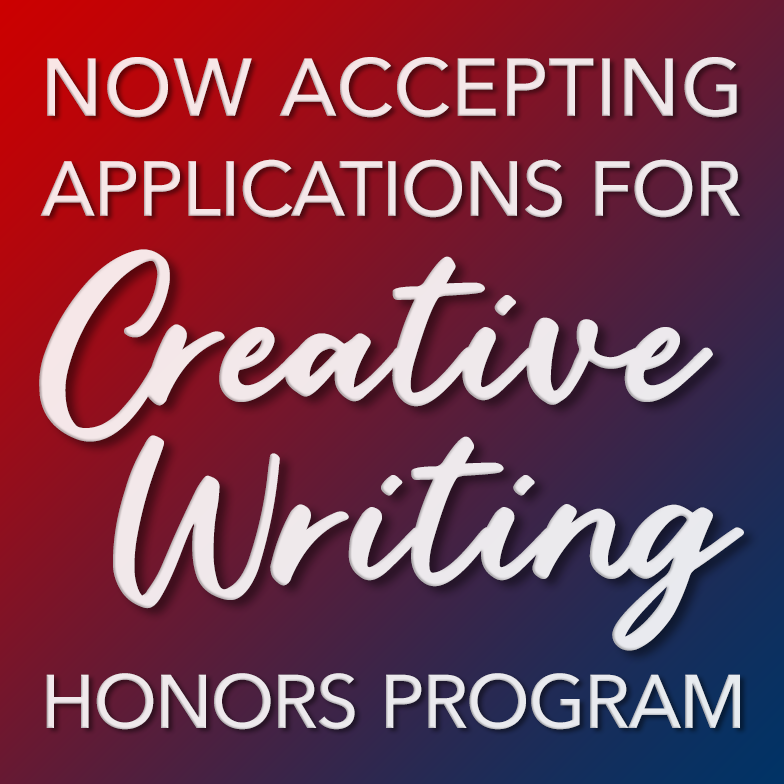

Intro to Literary Studies
ENG 3822.005|A. Furman|Req.|Boca|In-Person|W/F 9:30am–10:50am
This course is a gateway course for English majors; it “prepares students to enter the field of literary studies by introducing three genres and key literary concepts . . . and will emphasize close textual analysis and basic research skills.” The three genres for this course are creative nonfiction, fiction, and poetry. We will also be looking at a few key literary theories, including Historical and New Criticism, Marxism, Feminism, Post-Colonial and Multicultural Criticism. In sum, you will learn crucial critical terms, explore various critical/theoretical approaches, become familiar with research techniques, and apply these skills toward the close-reading of primary literary material across three genres.
Intro to Literary Studies
ENG 3822.006|M. Ma|Req.|Distance Learning|Online Live Lecture|T 4:00pm–6:50pm
This course serves as an essential gateway for English majors, preparing you for the field of literary studies. You will explore three key genres: nonfiction, fiction, and poetry, while also engaging with important literary concepts. Throughout the course, we will emphasize close textual analysis and foundational research skills. You’ll dive into several critical theories, including Ecocriticism, New Materialism, Disability Studies, Feminist and Queer Theory, and Postcolonial Theory. By the end of the course, you will have mastered essential critical terminology, explored various theoretical approaches, and become proficient in research techniques. You will apply these skills to closely read and analyze primary literary works across all three genres.
Literary Theory
LIT 3213.001|D. Medina|Req.|Boca|In-Person|T/R 9:30am–10:50am
Literary Theory (LIT 3213) offers students an opportunity to explore the major theoretical approaches that have shaped the analysis and interpretation of literature. The course begins with foundational concepts concerning Formalism, Structuralism, Psychoanalysis, Marxism, and Postcolonialism. Students will understand and engage literary theory from the traditions of Feminism, Queer theory, Postcolonialism, Ecocriticism, New Historicism, and the Digital Humanities.
Literary Theory
LIT 3213.002|I. MacDonald|Req.|Distance Learning|Online Live Lecture|W 7:10pm–10:00pm
In some senses as much a philosophy class as a literature class, this course will introduce you to the names and theories attached to many of the approaches currently taken to approaching literature from an analytic perspective. While the various theorists, philosophers, linguists, and psychoanalysts may not, in their own time, have had literature at the front of their minds, later literary scholars would borrow or adapt their theories: to such an extent that anyone studying literature at the graduate level today would be expected to be at least familiar with their basic arguments and how they might be used in a critical context. As such, we will read both the birth and development of more formalist literary criticism—from Matthew Arnold in the nineteenth century through the didactic-, New Critical-, and archetypal formalisms of the mid-twentieth century as well as works by seminal figures including Marx, Saussure, Freud, Benjamin, Lacan, Foucault, and Derrida whose inquiries surrounding language and the social contexts of literature continue to inform and determine approaches to literary analysis to this day.
***************

African-Amer Lit 1895-Present
AML 4607.001|S. Dagbovie-Mullins|Cat 1|Distance Learning|Online Live Lecture|W 4:00pm–6:50pm
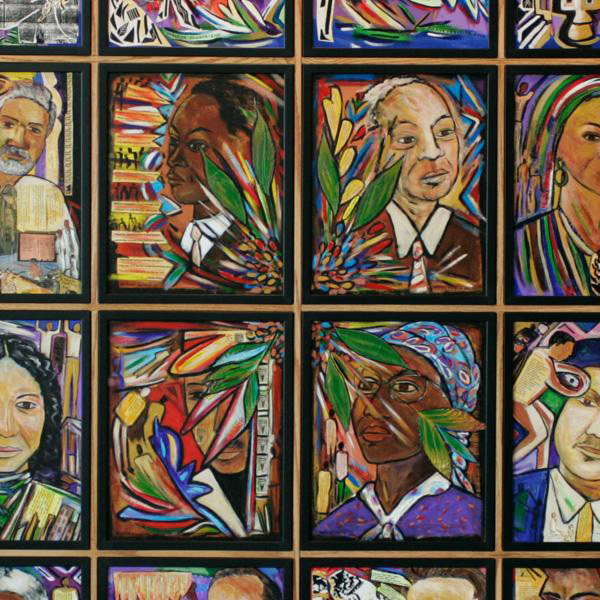
This class will pursue a chronological examination of African American literature, considering the historical, cultural, and social contexts that have shaped African American literary production. We will explore various literary movements (such as the Harlem Renaissance, the Protest Period, and the Black Arts Movement) and discuss ongoing debates: What is black writing? What is the role of the African American writer? What is the function of African American literary art? How does one define a black aesthetic?
This course meets virtually via Zoom. Please note that each student is required to have their camera on during class (4-6:50 pm).
Postcolonial Literature
LIT 4233.001|S. Lettman|Cat 1|Boca|In-Person|W/F 11:00am–12:20pm
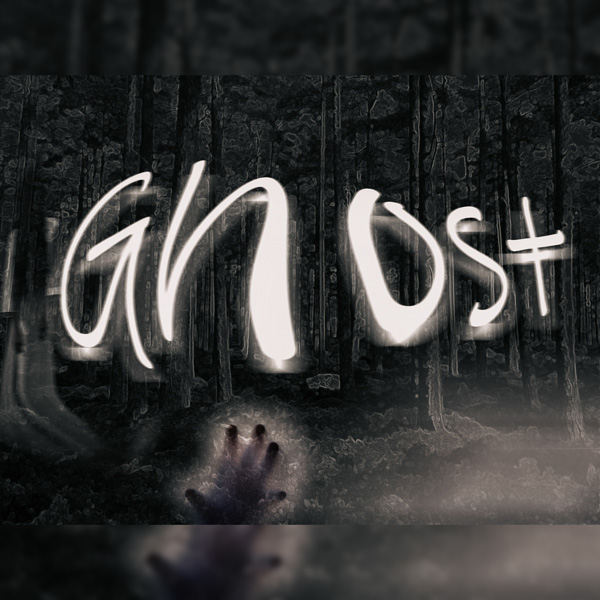
As a multidisciplinary field of scholarship and literature, postcolonial studies reevaluates not only the entrenched discourses but also the complex power relations and its intersections with culture, race, language, gender, and politico-economics.
This class course will focus on the significance of the ghost, its symbolic meaning in postcolonial literary texts from Africa, Asia, and the Americas. Postcolonial scholars and writers in this field highlight the displacement that result from histories of conquest, such as slavery and colonialism, and other forces of modernity, including the ruptures that occur from the emergence of new national identities with the ever-shifting global discourses and reconfigurations of political boundaries.
Maj Writers Wrld Lit in Englsh
LIT 4244.001|C. Ma|Cat 1|Distance Learning|Online Live Lecture|W 4:00pm–6:50pm
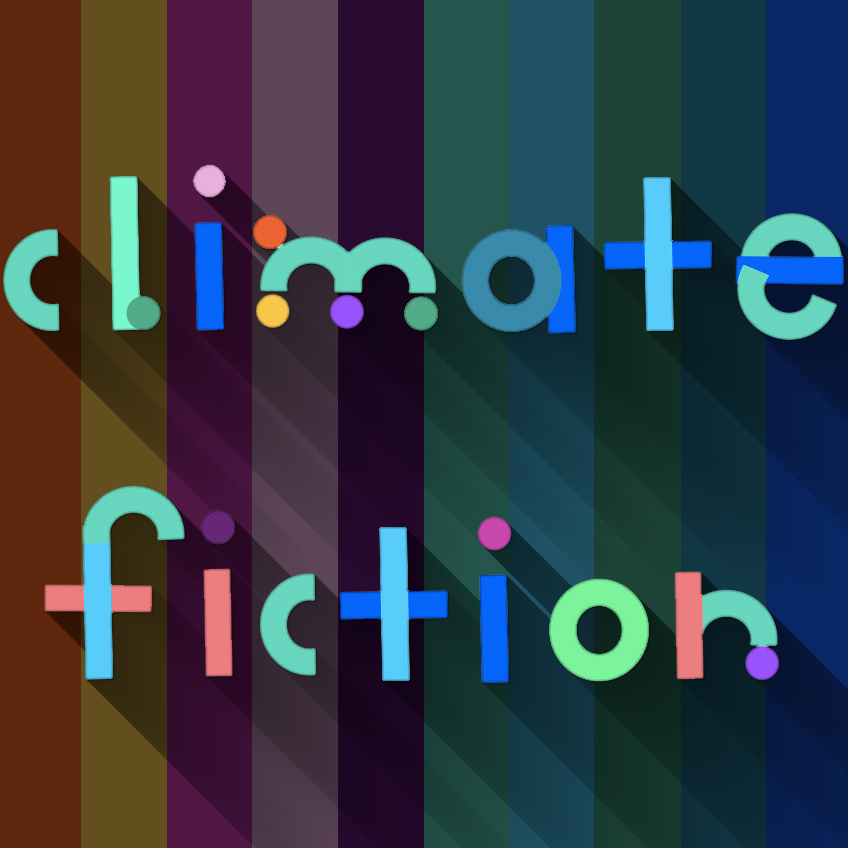
This course examines some key works of world literature, highlighting diverse perspectives shaped by historical and imperial contexts. We will explore narratives as histories and geographies that influence our worldviews and challenge conventional ideas of “world,” analyzing texts that prompt a rethinking of traditional archetypes. Our journey will take us across continents, investigating aesthetic forms that are deeply local, material, and historically rooted. We will begin by exploring the political implications of “worlding” literature, then move on to ecological texts that trace the paths of empire and the cultural logic of late capitalism. We will also examine climate fictions that illuminate the interconnectedness of global ecologies and speculative fictions that disrupt false binaries such as inside and outside, self and other, and human and nature. Our storytellers will include Amitav Ghosh, Nnedi Okorafor, Emmi Itäranta, and Chen Qiufan.
Black Literatures
LIT 4355.001|R. Fox|Cat 1|Boca|In-Person|T/R 9:30am–10:50am
This course examines literary representations of the black diaspora, with particular attention to experiences of slavery and freedom in Ghana, Bermuda, Turks Island, Antigua, Jamaica, England, Russia, and the United States. Nineteenth-century, autobiographical works by Mary Prince and Nancy Prince will be contrasted with contemporary theory and fiction by Audre Lorde, Marlon James, and Yaa Gyasi. In what ways does this archive of antebellum slave narrative and twenty-first century neo-slave narrative make visible the consciousness and humanity of the enslaved, as well as resistance and self-reclamation? How do these works enable processes of witnessing and the transmission of cultural memory? Can they enact modes of healing or redress? In what ways do these literary works engage themes of sexuality, intimacy, and desire? Do these cultural productions illuminate contemporary complicity? And how do they influence the way we understand black diasporic identity in the present?
**************************

Literature of the South
AML 3263.001|T. Hagood|Cat 2|Boca|In-Person|T/R 11:00am–12:20pm
Few regions of the United States are as distinct, haunted, controversial, and continually impactful as the South. On one hand, it has been and continues to be thought of as a place of romance, escape, and beauty for people fascinated with the glamour of the plantation to the appeal of southern accents, food, and folkways to the attractions for tourists throughout the Sunbelt. One the other hand, for many people the region conjures up a history of vexed trafficking in extractive and exploitative global economic structures; hostility and violence driven by racism, mysogyny, and other forms of prejudice; and the potential of threat to the very union of the nation. An understanding of the South's culture, history, and literature are crucial to understanding the country. In this course, we will undertake an overview of this region's writing, from its beginnings to the present day. Along the way, we will read some of the greatest, and most painful, writing this country has produced, including Frederick Douglass, William Faulkner, Flannery O'Connor, and Tennessee Williams.
Amer Lit:19th Cent Traditions
AML 4223.001|T. Hagood|Cat 2|Boca|In-Person|T/R 2:00pm–3:20pm
This course will provide us with the opportunity to explore various influential literary traditions/themes/movements in 19th Century America and the authors associated with these traditions. In order to lend the readings some coherence, I’ve focused on an admittedly limited number of traditions and selected writers whose work might be considered to be in dialogue with one another, both aesthetically and socially. Specifically, we will train our attention on the following traditions/themes/movements: Transcendentalism, Race and Slavery, Poetry, the Novel, the Gothic, Feminist Currents, and the Literature of Post-Industrial America, which leads us into the 20th century.
Literature And Film
ENG 4114.001|R. Adams|Cat 2|Distance Learning|Online Live Lecture|M 7:10pm–10:00pm
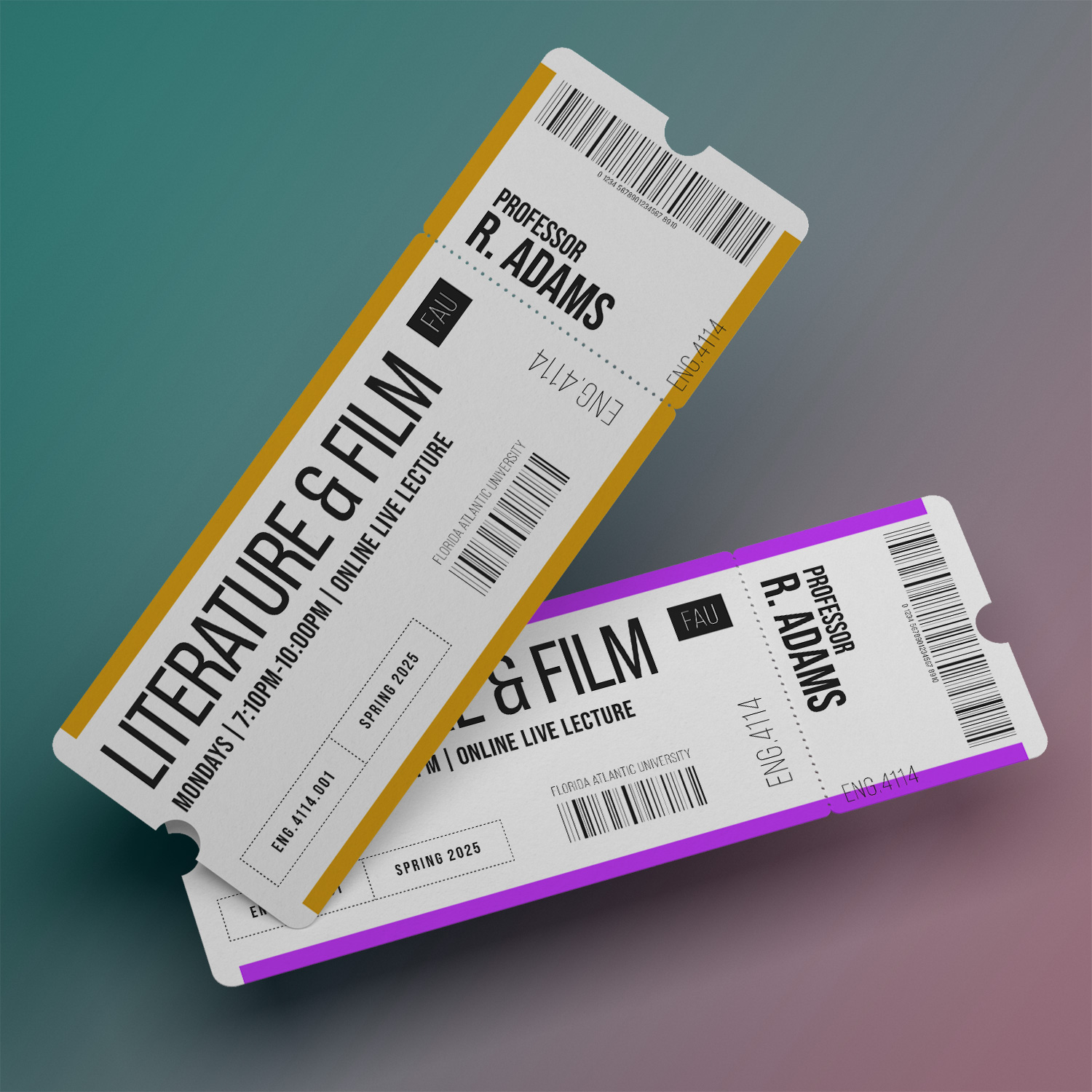
This course will be given in live lecture-discussions on Zoom and attendance is required (two absences are allowed without penalty). We will be discussing six noir films and the six noir novels that they are adapted from. The novels and films to be read and viewed are: The Maltese Falcon (novel and film), The Thin Man (novel and film), The Talented Mr. Ripley and its film adaptation, Purple Noon; The Price of Salt and its film adaptation, Carol; Winter’s Bone (novel and film), and Devil in a Blue Dress (novel and film). Students will be responsible for reading the novels and viewing the films outside of class. Coursework will consist of weekly quizzes, two medium-length out-of-class essays, and one in-class essay exam. The focus in the course will be on the differing modes of expression afforded by film and fiction. We also will discuss the noir genre emphasis on ethics and existentialism throughout the course.
British Literature Since 1798
ENL 2022.001|J. Ulin|Cat 2|Distance Learning|Fully Online Class|
While yet a boy I sought for ghosts, and sped
Through many a listening chamber, cave and ruin,
And starlight wood, with fearful steps pursuing
Hopes of high talk with the departed dead.
—“Hymn to Intellectual Beauty,” P.B. Shelley
Major works, writers and movements of modern British literature with a focus on ghosts, the gothic, and the supernatural.
max of 2 courses (6 credits) can be in lower division for the entire major
Victorian Literature
ENL 4251.001|R. Adams|Cat 2|Distance Learning|Online Live Lecture|T 7:10pm–10:00pm
This course will be given in live lecture-discussions on Zoom and attendance is required (two absences are allowed without penalty). In this course, we will be reading British and Irish poetry and fiction from the Victorian period. In fiction, we will read Alice’s Adventures in Wonderland, Through the Looking-Glass, Kim, The Strange Case of Dr. Jekyll and Mr. Hyde, The Turn of the Screw, The Picture of Dorian Gray, and the ghost stories of M. R. James. We also will be reading poetry by Alfred, Lord Tennyson, Edward Lear, Elizabeth Barrett Browning, and Christina Rossetti. The emphasis in the course will be on alternative realities and on the sympathetic imagination required to enter other worlds and to appreciate their critique of our own. Coursework will consist of weekly quizzes, two medium-length out-of-class essays, and one in-class essay exam.
Chaucer
ENL 4311.002|T. Miller|Cat 2|Boca|In-Person|T/R 12:30pm–1:50pm
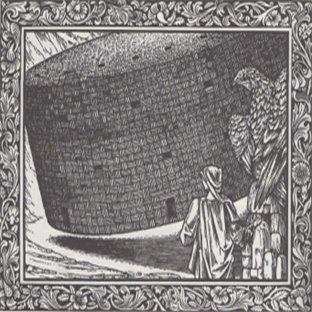
Geoffrey Chaucer has been revered as "the Father of English Poetry" for the last six centuries, but what does it mean to read Chaucer today? On the one hand, Chaucer's poems take up the highest of high themes: love and war, fate and predestination, human justice and God's providence. At the same time, he also demonstrates a love for humor involving flatulence and exposed hindquarters. Our primary readings will be taken from Chaucer’s collection of stories The Canterbury Tales and his dream visions, which imagine mental journeys through space and time. We will also consider several modern responses to Chaucer ranging from interactive “Choose Your Own Adventure”-style fiction and slam poetry. Above all, this course will begin to acquaint you with the alien world that is the late Middle Ages, and you will also gain a strong command of both the Middle English language and the intricacies of literary production in a manuscript culture that predated the printing press.
Literature of Adolescence
LIT 3333.002|T. Taylor|Cat 2|Boca|In-Person|T/R 11:00am–12:20pm

Science fiction and fantasy are dominating young adult and children’s literature sales. Books like The Hobbit, Harry Potter, and The Hunger Games continue to dominate sales of books marketed for those 12-18 years old. In this class, we are going to ask: what is it about science fiction and fantasy that makes it sell so well in the young adult and children’s market? Interestingly, studies have suggested that 80% of YA literature is purchased and read by adults, so it isn’t simply that the genres are well-suited to the 12-18 demographic. What is it about YA and middle-grade science fiction and fantasy that captures the imagination? Together, we’ll look at some of the most recent hits in children’s and young adult sf/f to consider not only what makes them so popular, but also their relevance to literary studies and use in the classroom.
Literature and Environment
LIT 4434.001|S. Balkan|Cat 2|Boca|In-Person|W/F 12:30pm–1:50pm
This course will explore the intersecting histories of literary expression, landscape ideology, colonialism, and historical trauma. We shall question popular understandings of “environment” and “nature” that have historically privileged such aesthetic traditions as “wilderness” over the economic imperatives of survival, or habitability; and we shall, consequently, consider competing notions of “environmentalism.” We shall also query how, in an era marked by cataclysmic shifts to our global climate, we can begin to think collectively about the fate of our species without ignoring the long history of economic development that has rendered postcolonial states more vulnerable to the devastating impacts of climate change. Finally, we shall consider the virtue of artistic expressions that communicate our collective grief while also imagining possible worlds beyond the inevitable collapse of current global energy systems.
*******************

Creative Writing
CRW 3010.004|A. Bucak|Cat 3|Boca|In-Person|T/R 11:00am–12:20pm
This is an introductory course on the writing of literary short fiction, creative nonfiction, and poetry.
Creative Writing
CRW 3010.005|A. Furman|Cat 3|Boca|In-Person|W/F 2:00pm–3:20pm
This is an introductory course on the writing of literary short fiction and poetry. From the course catalog: “Guidance and criticism for beginners in writing prose fiction and poetry.” The course will help students to further understand and master the elements of fiction and poetry through: writing of original work, focused readings on craft, workshopping of peer work, and analysis of successful, published stories and poems. The course offers students the rare opportunity in college to create, learn from, and enjoy a community of writers.
Creative Writing
CRW 3010.006|J. Schwartz|Cat 3|Boca|In-Person|T/R 3:30pm–4:50pm
Catalog Course Description: Guidance and criticism for beginners in writing prose fiction and poetry.
Fiction Workshop 1
CRW 4120.001|J. Schwartz|Cat 3|Boca Raton|In-Person|T 6:30pm–9:20pm
Catalog Course Description: Concentrates on essentials of the short story form through emulations of varied modern authorial styles. Point of view, narrative form, voice, creating characters, tone and atmosphere are some of the topics covered. Students write several stories, revise and critique. Reading consists of single-author collections and anthology selections. Course may be repeated for credit once.
Poetry Workshop 1
CRW 4310.001|R. Oriogun|Cat 3|Boca|In-Person|W/F 12:30pm–1:50pm
This workshop is designed for students interested in exploring contemporary poetry and developing their own unique voices as writers. Through close readings of diverse poets from around the world, we will engage with new perspectives, styles, and forms that challenge conventional ways of seeing and writing. Students will explore poets such as Tomas Tranströmer, John Burnside, and Ada Limón, whose works push the boundaries of language, nature, and the self. Emphasis will be placed on discovering emerging poets, blending the personal and the political, and crafting poems that reflect both individual experience and a broader global context.
Studies in Writing & Rhetoric
ENG 4020.001|J. Cohen|Cat 3|Distance Learning|Fully Online Class
Catalog Course Description: Examines the theory and practice of rhetoric with special attention to contemporary developments in rhetoric and their applicability to writing.
RI: Honors Research
ENG 4910.001|R. Fox|Cat 3|Boca|In-Person|F 2:00pm–4:50pm
Honors Research builds upon the work completed in Honors Seminar and facilitates the writing of a 20-40 page honors thesis that makes an original intellectual contribution to the discipline. You will continue your training in identifying, reading, evaluating, and contextualizing literary scholarship while adhering to the standards and best practices of research-level literary scholarship. The course may include library research visits, presentations on different research and analytical methodologies, and peer editing workshops. We will work through successive drafts of the thesis in workshops focused on content, style, structure, and tone. Throughout this course, you will be strengthening your argument in dialogue with existing scholarship in order to produce a thesis that can be communicated effectively in its written form and in a conference-style presentation.
Structure of Modern English
LIN 4680.002|W. Kelly|Cat 3|Boca|In-Person|T/R 2:00pm–3:20pm
Using elaborate tree diagramming and Chomskyan linguistic theory, the course will teach students to describe the structure of Modern English sentences. The textbook is Max Morenberg’s Doing Grammar.
Honors Creative Writing Sem
CRW 4932.001|S. Anderson|Cat 3|Boca|In-Person|M 2:00pm–4:50pm
Prerequisites: CRW 3010 and two 4000-level workshops with minimum grades of "B+" and permission of instructor
Provides a structured framework for students in the Creative Writing Honors track to complete their honors thesis (either a work of fiction, nonfiction or a collection of poetry). Provides information about post-graduate opportunities for creative writers. Examines works of fiction, poetry and creative nonfiction in more depth and with more of an eye toward craft than may have been possible in previous coursework.
Professional Writing
ENC 3213.023|A. Slotkin|Cat 3|Boca|In-Person|W/F 12:30pm–1:50pm
This course will teach students the basics of professional composition, which entails specific formatting requirements and stylistic nuances that vary from academic writing. To that end, students in this course can expect to practice writing a variety of professional documents, including emails, formal reports, and résumés, while harnessing their voices for workplace success. This course will also include instruction on conducting job searches, completing workplace research, designing appealing documents, and providing constructive peer feedback. Overall, this course is designed to prepare students to write confidently and competently in professional contexts.
Professional Writing
ENC 3213.024|TBA|Cat 3|Boca|In-Person|T/R 11:00am–12:20pm
Catalog Course Description: Prepares the student to write professionally for audiences within and outside a corporation or nonprofit enterprise. Proofreading skills stressed.
Professional Writing
ENC 3213.025|TBA|Cat 3|Distance Learning|Fully Online Class
ENC 3213.027|TBA|Cat 3|Distance Learning|Fully Online Class
ENC 3213.028|TBA|Cat 3|Distance Learning|Fully Online Class
Catalog Course Description: Prepares the student to write professionally for audiences within and outside a corporation or nonprofit enterprise. Proofreading skills stressed.
Professional Writing
ENC 3213.026|J. Mason|Cat 3|Boca|In-Person|T/R 12:30pm–1:50pm
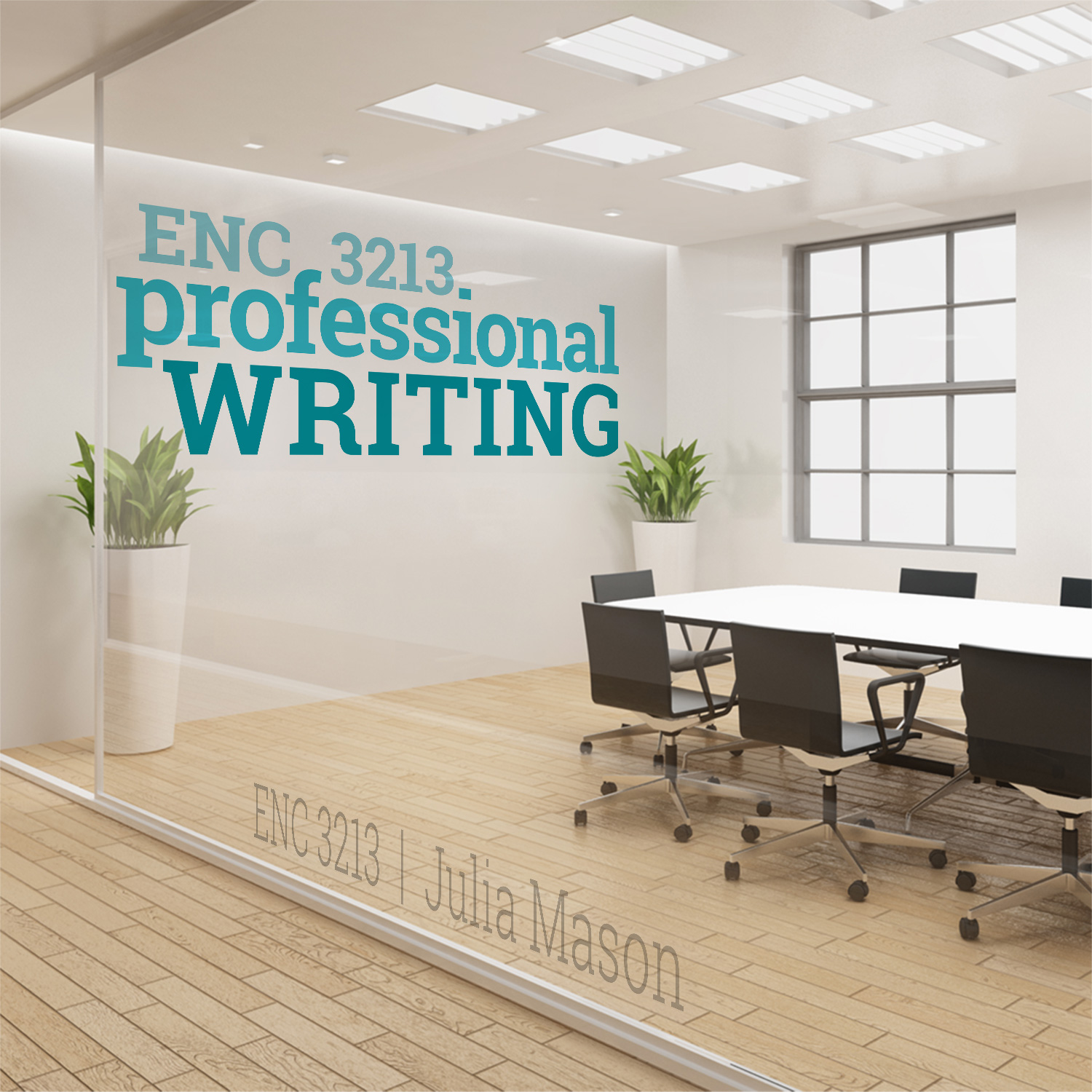
Writing as a professional entails learning the forms of writing—or genres—that professionals in the field commonly write. In this class, you will be introduced to the various types of and techniques for producing professional writing, including correspondence, proposals, reports, presentations, and other texts often found in business and professional communities. But more than this, being a professional means being able to read and write effectively in any professional situation. For that reason, this class will focus on reading and writing rhetorically—taking a rhetorical approach.
In addition to practicing professional communication in situations similar to those found in the professions, students may also analyze and write about business issues, which will demand thoughtful analysis of content areas, organizational patterns, point of view, and of document layout and design.
